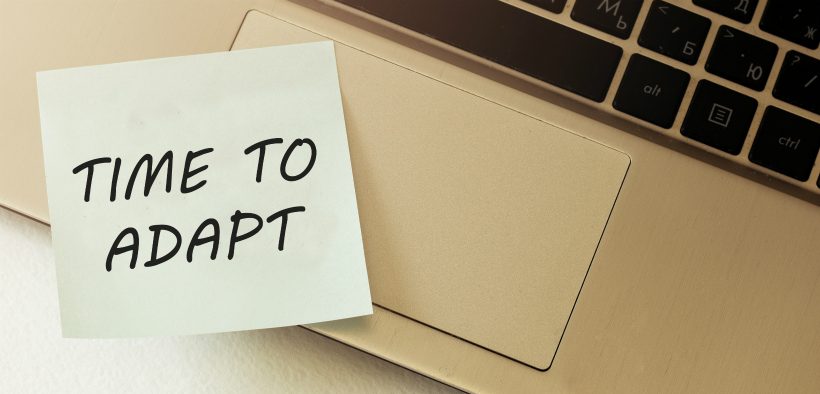When I began teaching just about 30 years ago, the classroom norm was chalk and chalkboard. Not a computer in sight! Over the decades, I have learned to use courseware and various digital applications, augmenting my once wholly analog approach to teaching step-by-step with digital tools. Until recently, however, I had never actually taught entirely “online.” Truthfully, I did not consider myself qualified to do so. Nonetheless, in March 2020, owing to the COVID-19 pandemic, I (like educators far and wide) suddenly had to learn to teach online and use digital tools such as VoiceThread and Zoom in less than a week. I had never even heard of either of these tools! Further, I did not know how to plan or execute a curriculum online. Until that fateful month, I had been a face-to-face teacher for my entire career.
Intuition and Online Teaching: The Story of the Sunday Update

Related Articles
I have two loves: teaching and learning. Although I love them for different reasons, I’ve been passionate about...
Active learning is a mostly meaningless educational buzzword. It’s a feel-good, intuitively popular term that indicates concern for...
Perhaps the earliest introduction a student has with a course is the syllabus as it’s generally the first...
Generative AI allows instructors to create interactive, self-directed review activities for their courses. The beauty of these activities...
I’ve often felt that a teacher’s life is suspended, Janus-like, between past experiences and future hopes; it’s only...
I teach first-year writing at a small liberal arts college, and on the first day of class, I...
Proponents of rubrics champion them as a means of ensuring consistency in grading, not only between students within...







